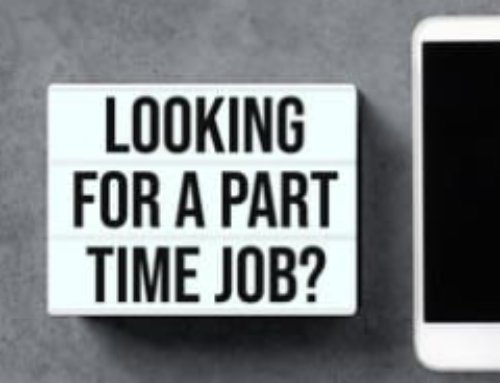Dear Sam: I have read several of your resume makeovers, but I guess I don’t have the talent to make over mine. Despite having worked in human resources and information technology several years, I wish to leverage my degree and secure a position in the criminal justice area. I have limited related experience, and that is hindering me from getting into the field. Any suggestions? – Jackie
Dear Jackie: Let me paint a picture of your resume for readers. Your resume is 3 pages in length and includes 12 positions spanning 1990 to present. It opens with an objective statement and flows into your work experience. In the work experience section, you have included a handful of bullet points for each employer, each very brief with most not extending to the right side of the page. You have ended your resume with your education and volunteer work.
There are many opportunities to improve the picture you are painting for hiring managers, Jackie, so let me highlight the top three mistakes I see on your resume.
1. Unfocused content: Opening with an objective statement is never a good choice. Objective statements are obsolete; instead, you should focus the top third of page one of your resume on showcasing what it is from your unique experience that could add value to prospective employers. When a hiring manager reads your resume he/she will be asking questions like:
What does Jackie bring to the table?
Why is Jackie uniquely qualified for the role?
What is the compelling reason I need to interview Jackie?
By opening your resume with an objective statement, you do not allow yourself the opportunity to answer these questions as the content is focused on what YOU want, not what you can do for your target audience.
2. Limited value conveyed: It is virtually impossible to convey “value” in statements which are all of three to five words long. You have sacrificed value for brevity and it is imperative you add content into the professional experience section of your resume so your positions hold some visual and figurative “weight.” Consider including your responsibilities in a paragraph—which hides brief sentences—and highlighting accomplishments in bullet points. Within those bullet points, be sure you are presenting a blend of not only the result(s) you achieved, but also the actions you took along the way. Do not leave the reader with unanswered questions that could result in your candidacy being too difficult to evaluate.
3. Too much information: While you have been too brief in your content, you have actually included too many of your positions. Twelve positions are a lot, even over the course of 25 or so years. Right-size your experience and present the obligatory 10-15 years of experience. For your earliest position—which spans 9 years—think about including that in a byline fashion. To do this, simply add a sentence at the close of your resume that states you have this additional foundational experience, but do not date that particular experience. Doing this will allow you to reference the value of that role, elsewhere on your resume, without the fear of potentially over qualifying yourself for the target position. You may also omit short-term positions you have held that do not add value to your candidacy. For instance, you held a role⎯for just a few months in 2009⎯that is not adding anything to your candidacy today, so it is acceptable to omit it for the purpose of painting the most relevant picture of your candidacy on paper.
The great news is that you have so much room for improvement on your resume that you really have not had an effective tool to open doors to the criminal justice opportunities of interest. Revamp your resume and I am certain your results will be stronger.




